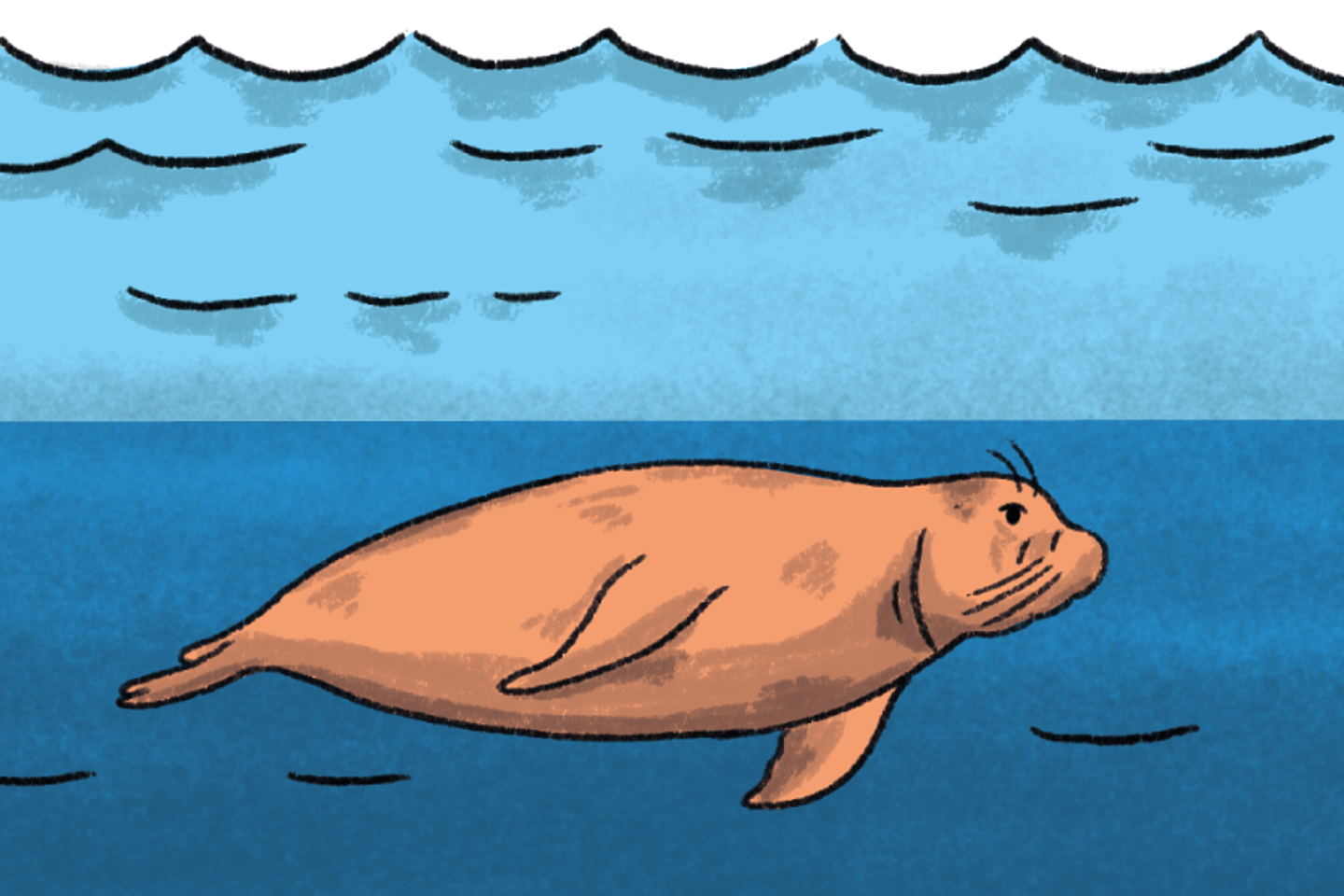
THE AMERICA ONE NEWS

Oct 4, 2025 |
0
| Remer,MNSponsor: QWIKET
Sponsor: QWIKET
Sponsor: QWIKET: Sports Knowledge
Sponsor: QWIKET: Elevate your fantasy game! Interactive Sports Knowledge.
Sponsor: QWIKET: Elevate your fantasy game! Interactive Sports Knowledge and Reasoning Support for Fantasy Sports and Betting Enthusiasts.
topic
America One News
22 Feb 2025
#military
The Economist: Donald Trump sacks America’s top military brass
Donald Trump has begun a significant overhaul of America's military leadership, starting with the removal of General Mark Milley's portrait and the dismissal of several top officials, including Admiral Linda Fagan and General Charles "CQ" Brown. Trump's actions signal a shift in military command and priorities.
The changes reflect Trump's broader strategy to reshape government institutions, with an emphasis on loyalty and alignment with his vision. His approach has implications for military operations and governance moving forward.
#culture
GB News: Phil Collins reveals he is ‘really sick’ in grave health update while admitting he has lost ‘hunger’ for music
Phil Collins, at 74, has expressed a diminished desire to create music amid ongoing health struggles. In a recent interview, he admitted to feeling "very sick" and lacking the motivation to return to the studio, following his retirement from performing in 2022.
Collins has faced significant health challenges since 2007, including nerve damage and drop foot, which have hindered his ability to perform. He reflected on the emotional impact of his retirement, stating that not being able to play drums is a profound shock after dedicating his life to music.
#science
Le Monde: Elephant seals, sentinels of the ocean's depths
The mesopelagic zone, or "twilight zone," lies 200 to 1,000 meters deep in the ocean, where light is scarce and photosynthesis is absent. This area supports a significant migration of plankton, which is crucial for the feeding of elephant seals that rely on these organisms for sustenance.
A recent study indicates that elephant seals could be key in monitoring the health of this ecosystem, linking their growth and reproductive success to ocean conditions. Researchers analyzed data from 1982 to 2015, revealing that fluctuations in seal populations correspond to changes in prey availability in the mesopelagic zone, influenced by broader oceanic patterns.


